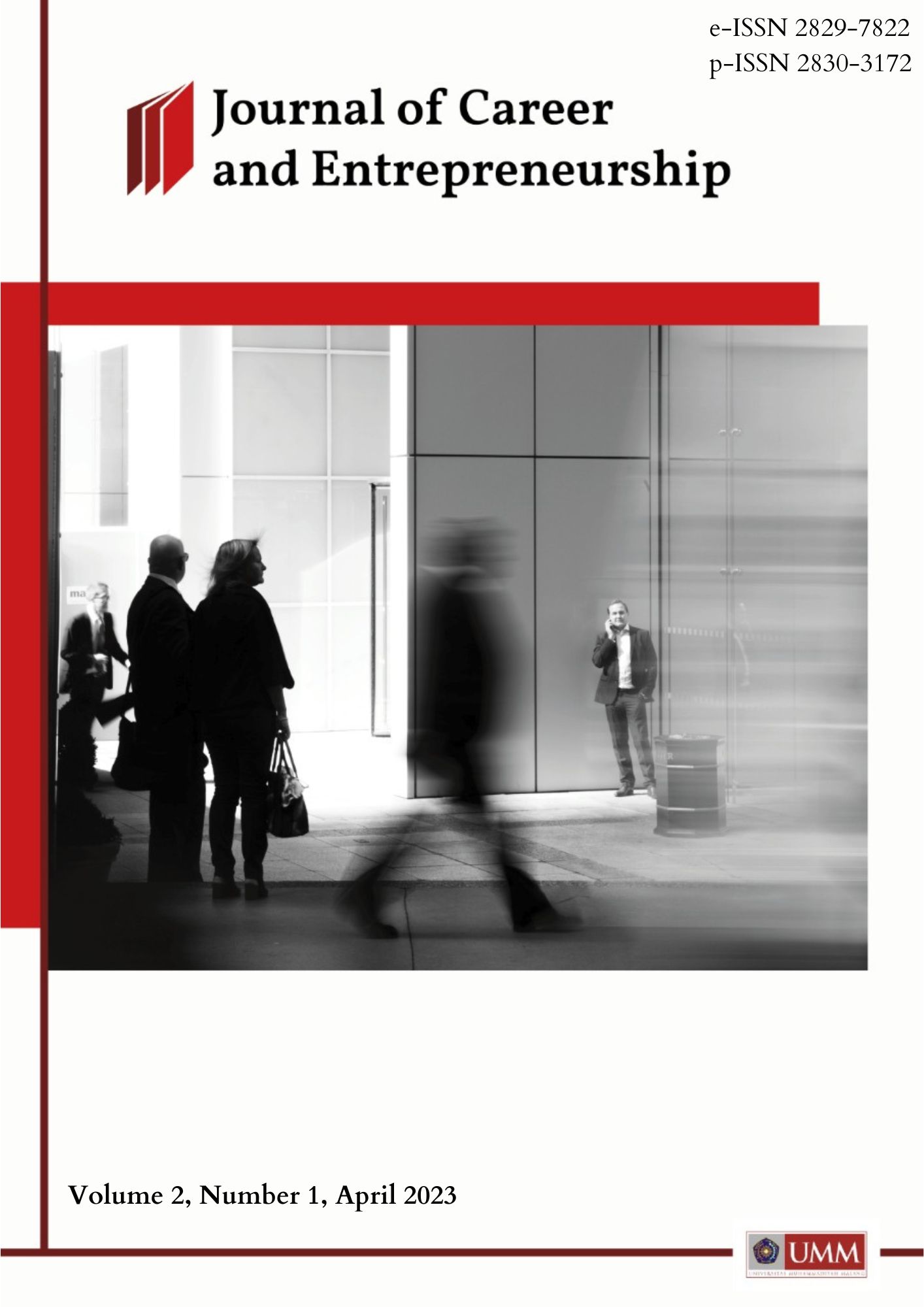Do Employee Experience Has an Impact to Turnover?
DOI:
https://doi.org/10.22219/jce.v2i1.25871Abstract
The growing development of the F&B industry, especially coffee shop SMEs, is of course proportional to the large number of absorbed Indonesian workers. This is inseparable from the problem of high employee turnover. A high turnover rate in a company is closely related to a bad employee experience. Employee experience is basically an employee's perception of their work experience in a company. This study aims to see how employee experience can affect the turnover rate in a business. This research technique uses a qualitative study with purposive sampling technique. In this research interviews were conducted with employees and ex-employees in 3 different coffee shops. The results of this study indicate that high turnover rates are caused by poor employee experience. Where in this case employees do not have a sense of belonging to the compan
Downloads

Downloads
Published
How to Cite
Issue
Section
License
Copyright (c) 2023 Achmad Mohyi, Dewi Sukmawati

This work is licensed under a Creative Commons Attribution-ShareAlike 4.0 International License.
Authors who publish with Journal of Career and entrepreneurship (JCE) agree to the following terms:
- For all articles published in Journal of Career and entrepreneurship (JCE), copyright is retained by the authors. Authors give permission to the publisher to announce the work with conditions. When the manuscript is accepted for publication, the authors agree to automatic transfer of the publishing right to the publisher.
- Authors retain copyright and grant the journal right of first publication with the work simultaneously licensed under a Creative Commons Attribution-ShareAlike 4.0 International License that allows others to share the work with an acknowledgment of the work's authorship and initial publication in this journal.
- Authors are able to enter into separate, additional contractual arrangements for the non-exclusive distribution of the journal's published version of the work (e.g., post it to an institutional repository or publish it in a book), with an acknowledgment of its initial publication in this journal.
- Authors are permitted and encouraged to post their work online (e.g., in institutional repositories or on their website) prior to and during the submission process, as it can lead to productive exchanges, as well as earlier and greater citation of published wor (See The Effect of Open Access).
This work is licensed under a Creative Commons Attribution-ShareAlike 4.0 International License.





